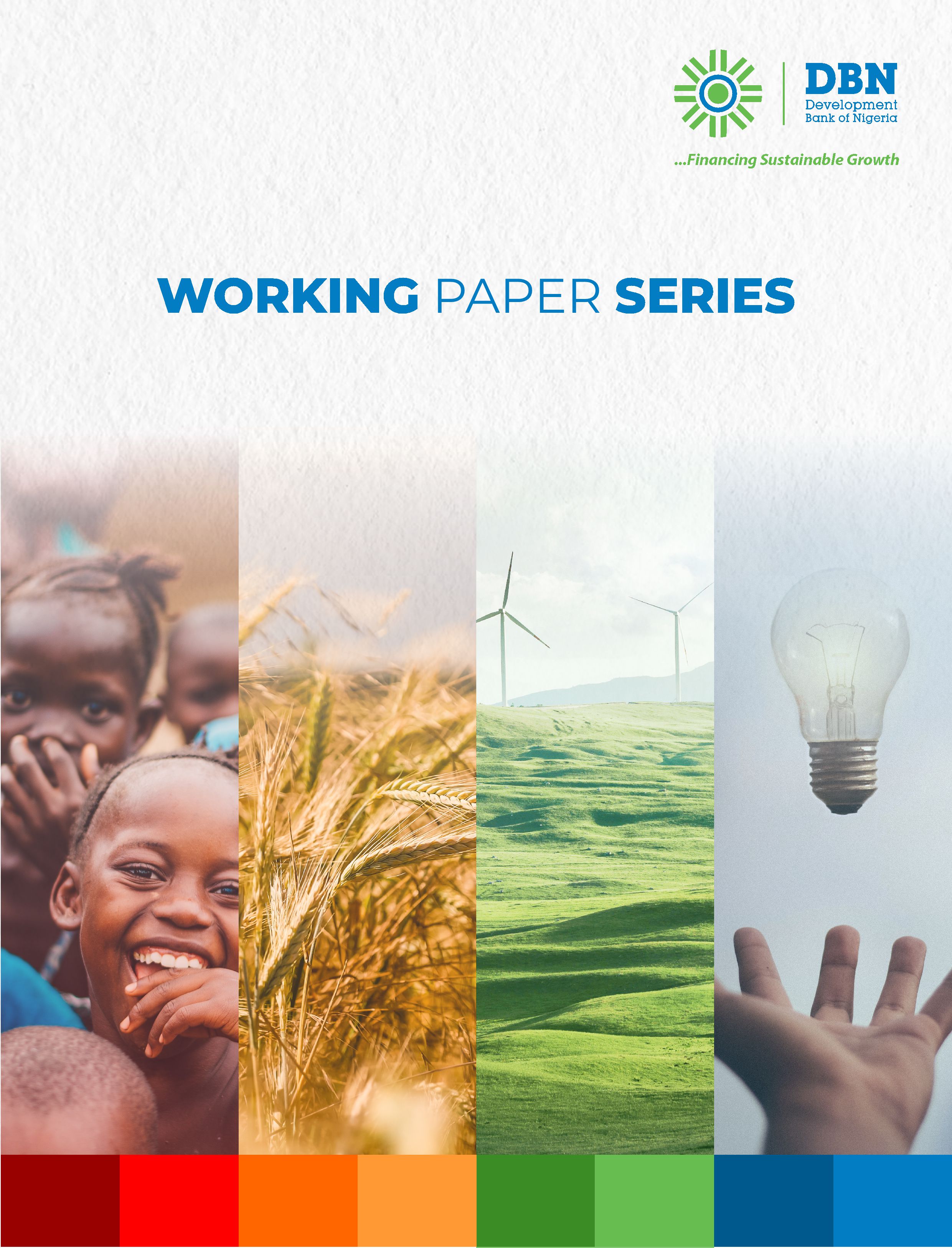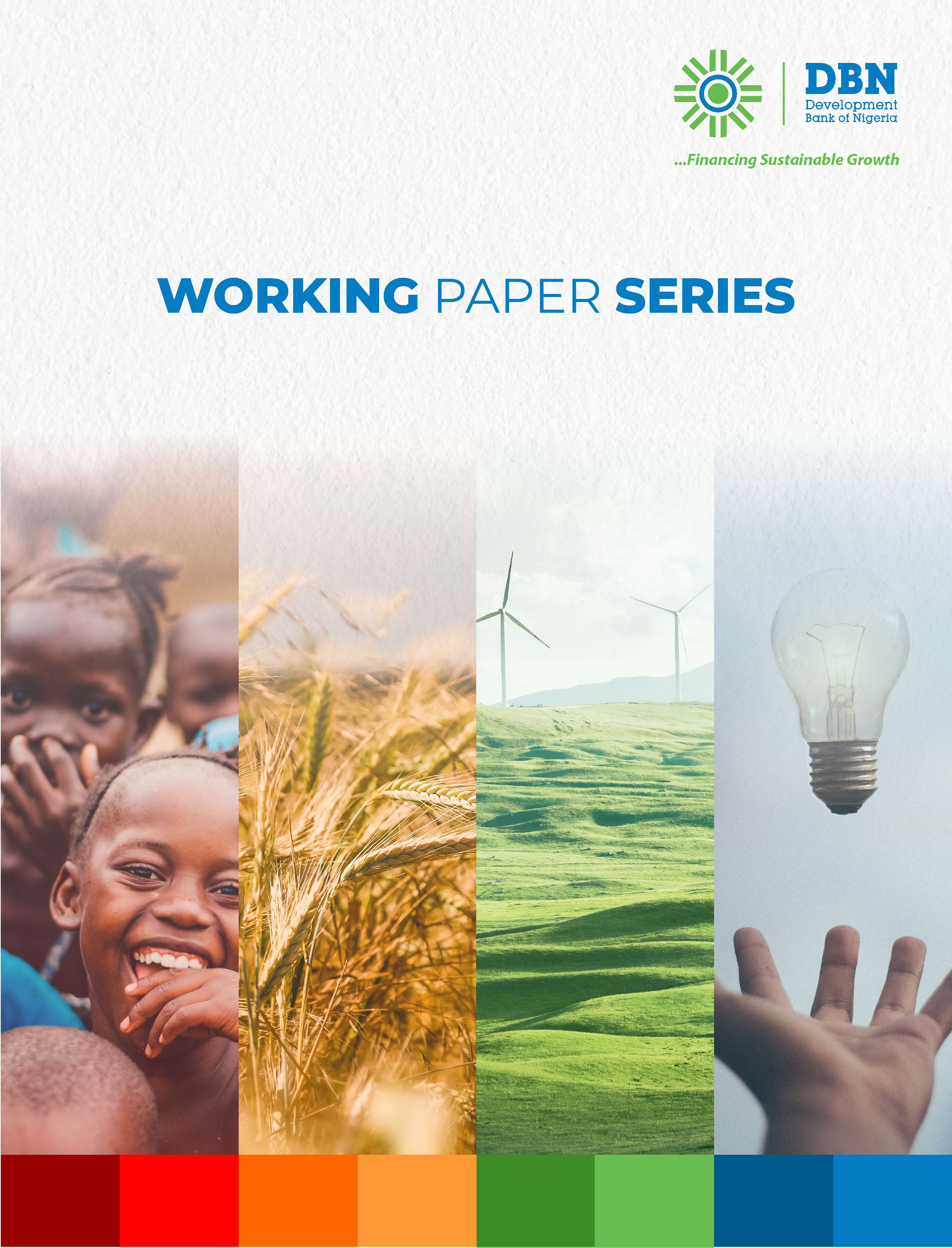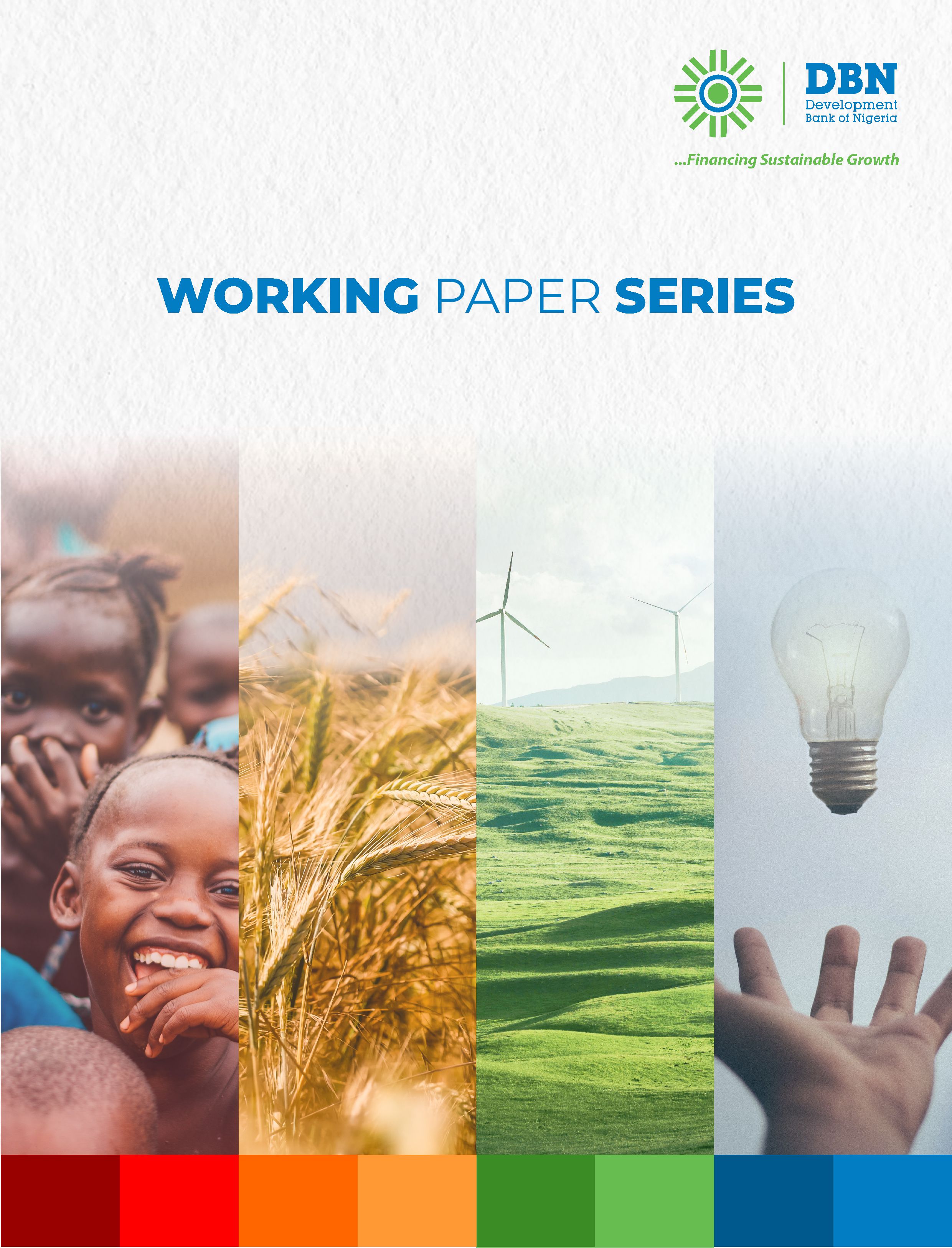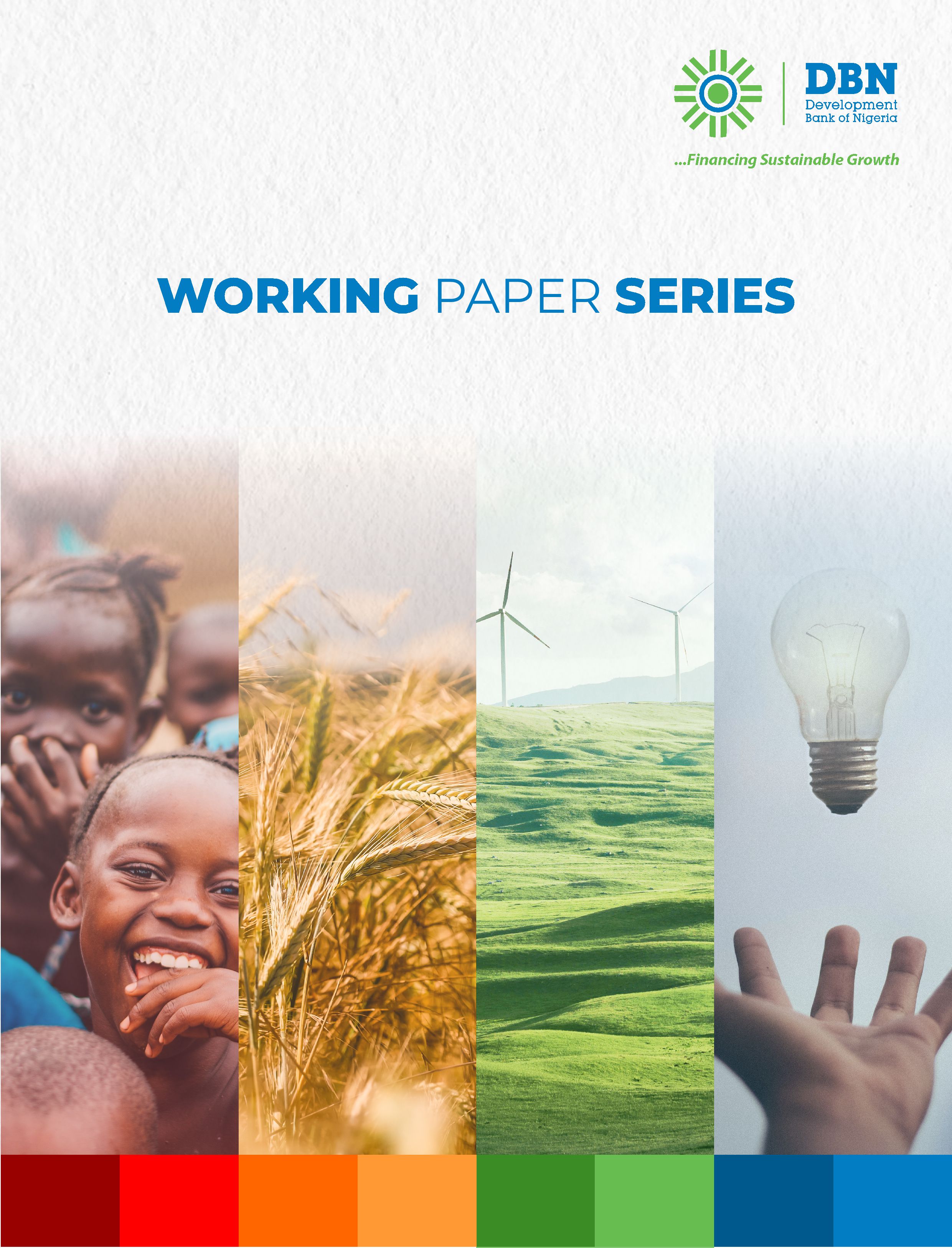
Publication Information
Published by: Admin
Published: 2 years ago
View: 305
Pages: 31
ISBN:
Abstract
This study investigates the effect of globalisation on governance in 40 Sub-Saharan African countries for the period 2000-2019, with particular emphasis on income levels (low income versus middle income), legal origins (English common law versus French civil law), landlockedness (landlocked versus unlandlocked), resource wealth (oil-rich versus oil-poor) and political stability (stable versus unstable). The empirical evidence is based on Fixed Effects in order to control for the unobserved heterogeneity. Political, economic, social, and general globalisation variables are used, while three bundled governance indicators are also employed to assess five main hypotheses. From baseline findings, while all globalization dynamics negatively affect political governance, only political and social globalisation have a negative incidence on economic governance. Social and general globalisation dynamics positively affect institutional governance. The hypotheses that higher income, English common law, unlandlocked, oil poor, and politically-stable countries are associated with higher levels of globalisation-driven governance, are valid, invalid, and partially valid contingent on the globalisation and governance dynamics.
Nicholas M. Odhiambo Mr
Simplice A. Asongu Prof
Related Publications


VOLUME 6 ISSUE 1 2023
FOREIGN INVESTMENT, INTERNATIONAL TRADE AND ENVIRONMENTAL SUSTAINABILITY - EXPLORING ECOLOGICAL FOOTPRINTS IN 37 AFRICAN COUNTRIES

